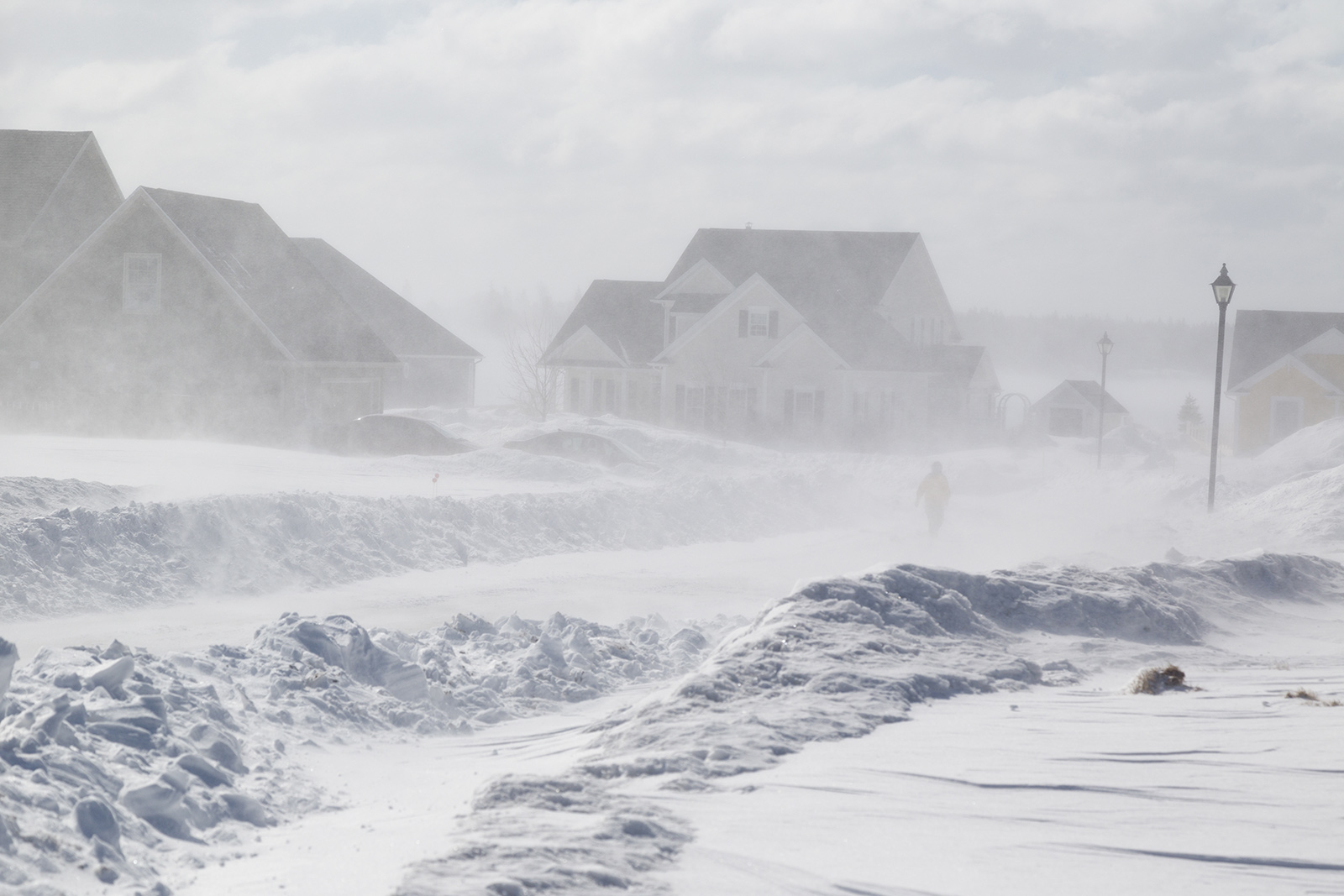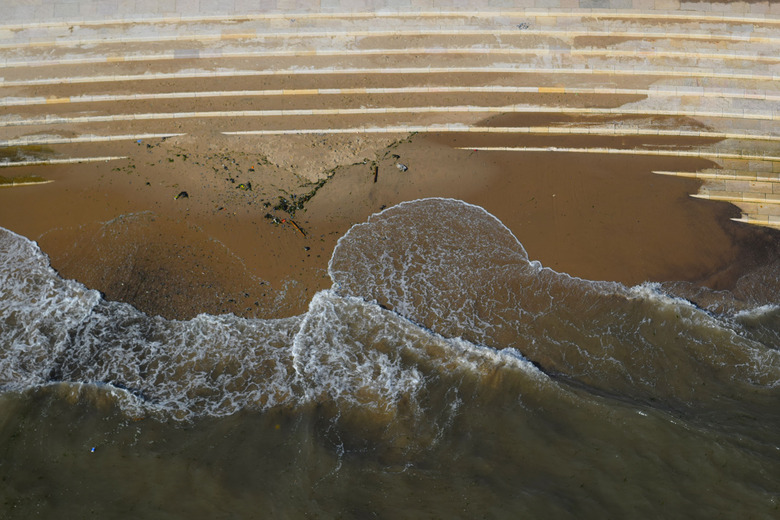Earth's Global Water System Is Off Balance 'For The First Time In Human History'
The global water cycle is off balance for the "first time in human history." Researchers have warned that this lack of balance could lead to a massive water disaster, which could terrorize the production of food, our lives, and economies all around the world.
The water cycle in question here is the system by which water actually moves around our planet. This means the system that drives the evaporation of water from the ground, how it rises to the atmosphere, and then how it forms water vapor and travels around the world before eventually condensing into rain or snow to fall back to earth.
Issues with the global water cycle are already having widespread repercussions—including more than three billion people facing shortages of water. This means crops are shriveling up and dying, and even some cities are starting to sink as the groundwater under them dries up. And if we don't take some kind of action, then things are only going to get worse, this new report notes.

While others are looking for ways to tackle the water shortage—like creating tools that turn seawater into drinking water—we still have to face the challenges the water cycle being off balance brings to the rest of our world. Crops drying up and shriveling will continue to fuel food shortages, which will only create more issues in other areas. Sure, some devices can pull water out of thin air, but that still messes with the balance of the water cycle that runs our planet.
It might not seem like a big deal for the global water cycle to be that out of balance, but the repercussions actually reach several other areas of our lives and will continue to do so. But what do we do about it? Well, for starters, we're the ones pushing the cycle out of balance. To fix it, we need governments to recognize the cycle as a "common good" and start doing things to address it.
Then, we need to start looking at where we're planting water-thirsty crops and even where we're building facilities that require a lot of water to keep them running, like data centers. We need to avoid putting any of these in water-stressed regions, as this further throws off the balance of the global water cycle.
